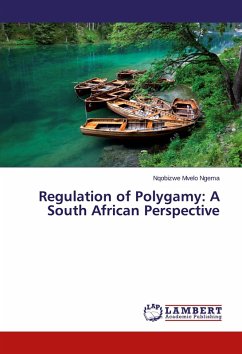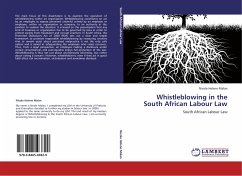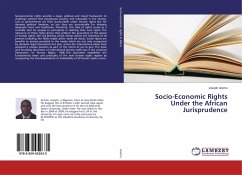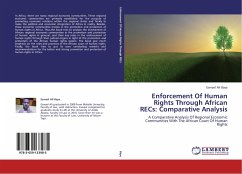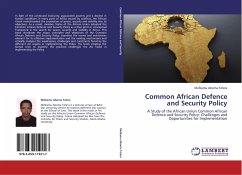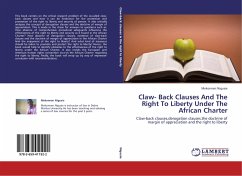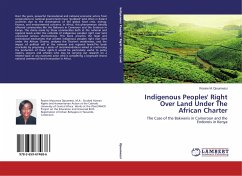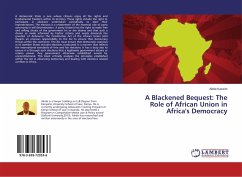This is the specialized textbook for postgraduate students, researchers and legal practitioners that have an interest in African customary law. It aims at providing a comprehensive overview of polygamy and its underlying philosophy.it was partly motivated by the concluding observations of CEDAW (that advocate for the abolition of polygamy. South Africa is a signatory of CEDAW and it permits polygyny through the Recognition of Customary Marriages Act 120 of 1998 that came into effect in 15 November year 2000. The book discusses regulation of polygyny before 1994 in South Africa and ills that were created by its non-recognition, and the regulation of polygyny after 1994. In the year 2013 the Constitutional Court delivered a judgment on polygyny and that judgment has a significant effect on the future of polygyny in new South African legal order. This book makes it clear that the latter mentioned decision of the Constitutional Court is not free from some implications. It is argued that South Africa tried by all means to harmonize the practice of polygyny with the Constitution that protects and promotes human rights philosophy and South Africa is unlikely to adhere to CEDAW's call.
